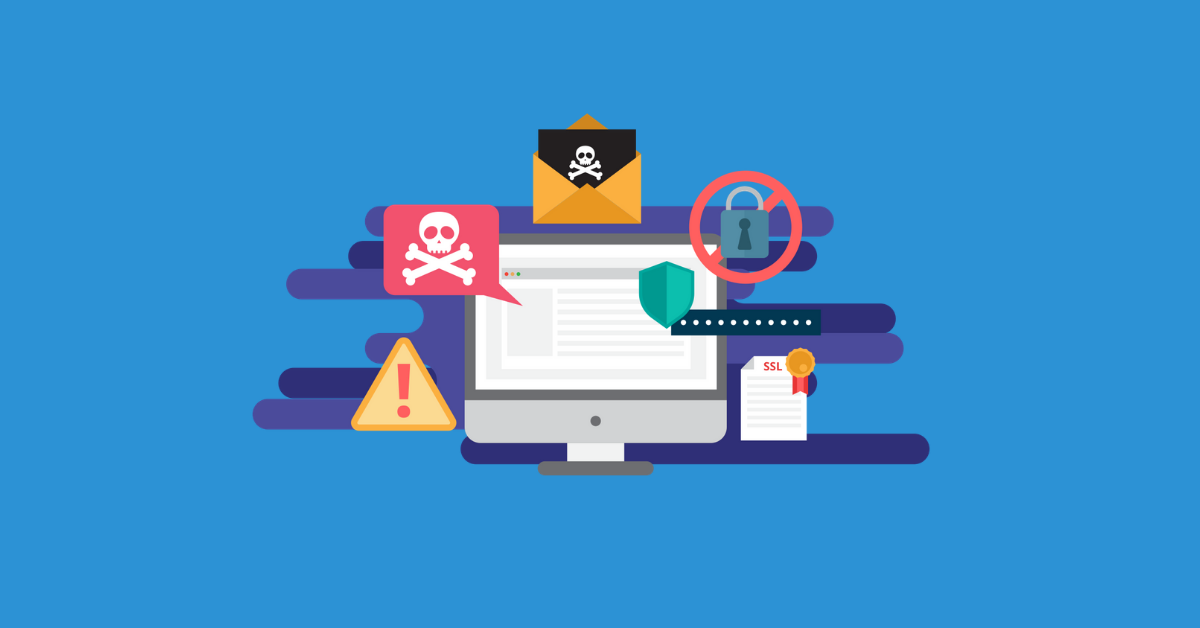Ensuring the privacy of users' link data is an important aspect of using an URL shortener. An URL shortener is a tool that takes a long, unwieldy URL and converts it into a shorter, more manageable link. These shortened links are often used in marketing campaigns, social media posts, and other contexts where space is limited.
One key aspect of ensuring the privacy of users' link data is respecting users' privacy settings and complying with relevant laws and regulations. This can include measures such as obtaining consent from users before collecting or using their data, ensuring that data is collected and used only for the purposes for which it was intended, and providing users with clear and concise information about how their data will be used.
Another important aspect of ensuring the privacy of users' link data is offering users options for controlling the collection and use of their data. This can include providing users with the ability to opt out of data collection or to restrict the use of their data in certain ways. It may also involve offering users the ability to access and update their data, or to delete it entirely.
Overall, ensuring the privacy of users' link data is an essential aspect of using an URL shortener. By respecting users' privacy and offering them control over their data, URL shortener users can build trust with their audience and ensure that their online presence is consistent with their values and goals.



